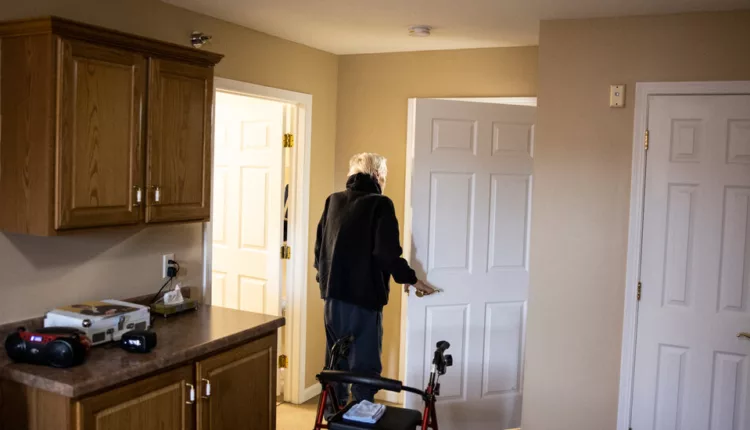
Debating Skyrocketing Costs of Long-Term Care: Financial Crisis Looms
TL/DR –
The “Dying Broke” series has drawn strong reactions from readers regarding the financial burden of long-term care in the U.S. Many readers have criticized the predominantly for-profit nature of American medicine and long-term care industry, and have suggested solutions such as expanding the government’s payments for care, increasing the number of immigrants to meet the demand for workers, and for the federal government to create a comprehensive national long-term care system. Some readers, however, argued for more personal responsibility in saving for old age, while others advocated for a change in the medical culture that pushes expensive procedures that do little to improve quality of life.
Long-term Care Financial Burden in the US Draws Thousands of Reactions
Thousands of readers have responded to the Dying Broke series, addressing the financial strain of long-term care in the US. They shared their thoughts on governmental and market failures that have depleted the life savings of many American families and proposed possible solutions.
More than 4,200 comments unveiled personal struggles with caring for elderly family members and voiced concerns about their own future care needs. Many called for policy changes such as expanding government-funded care and allowing more immigrants to meet the demand for caregivers. Some readers even expressed preferring to end their lives rather than becoming a financial burden on their children.
Many placed blame on the profit-oriented nature of American medicine and the long-term care industry, which they said has strained the financial resources of older individuals and forced them to rely on Medicaid once they became destitute.
A Call for More Affordable Elder Care
“It is incorrect to say the money isn’t there to pay for elder care,” commented Jim Castrone, 72, a retired financial controller. “It’s there, in the form of profits that accrue to the owners of these facilities.” Other readers drew attention to insurance policies that, despite limitations, had helped them cover costs. However, some expressed concerns about Americans not saving enough for their own care in old age.
Comparison with Other Nations
The care of older citizens in other countries repeatedly came under spotlight. Readers compared how elderly individuals abroad received more compassionate care despite the US spending less on long-term care as a percentage of its GDP than most wealthy nations.
Insurance Policy Discussions
Many readers related to the issues with long-term care insurance policies and their soaring costs. While some policyholders found comfort in having coverage for potential worst-case scenarios, others criticized insurers for their complex claim processes.
Proposal for Increasing Immigrant Workers
To address the chronic shortage of long-term care workers, some readers suggested increasing the number of immigrants allowed into the country.
Appeals for Federal Intervention
Many called for the federal government to establish a comprehensive national long-term care system. They pointed out that current programs providing financial support for long-term care are mostly available only to the very poor, leaving middle-class families without substantial assistance for home care.
Thoughts on End-of-Life Decisions
Some readers condemned the medical culture for promoting expensive and often unnecessary procedures that do little to improve the quality of life in one’s final years. Additionally, numerous people expressed a preference for choosing their own end rather than suffer in greatly diminished capacity, suggesting that assisted dying should be a more widely available option.
—
Read More Health & Wellness News ; US News
